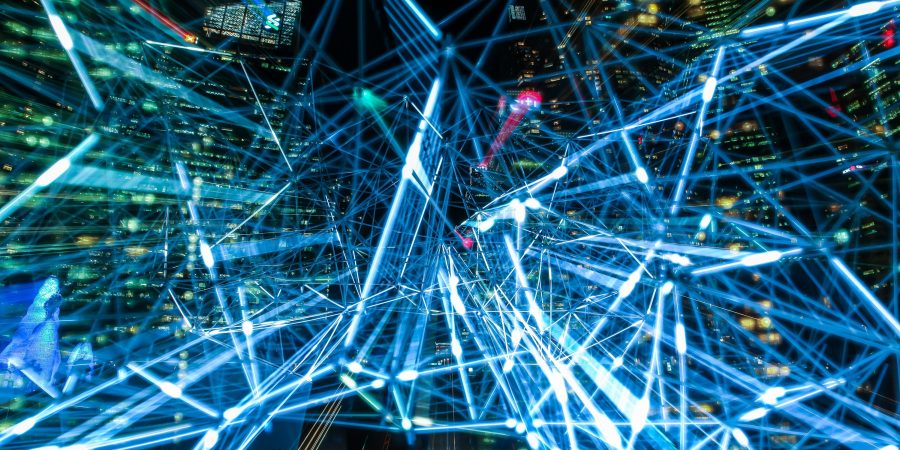
The early years of AI research were focused on creating algorithms that could mimic human reasoning and problem-solving. This included work on natural language processing, computer vision, and decision-making. One of the first significant achievements in AI was the creation of the Logic Theorist, a program that could prove mathematical theorems, in 1955 by Allen Newell and Herbert Simon.
In the 1960s, AI research shifted its focus to creating expert systems, which were designed to mimic the decision-making processes of experts in specific fields such as medicine and engineering. These expert systems were able to outperform human experts in certain tasks and were seen as a promising step toward creating truly intelligent machines.
As the field of AI progressed, researchers began to focus on creating more advanced machine learning algorithms that could learn from data rather than being explicitly programmed. This led to the development of neural networks and deep learning, which have been responsible for some of the most significant advances in AI in recent years.

The question of whether AI will be here to stay or is only a fad is a complex one. On one hand, the rapid advancements in AI technology in recent years have led to the development of powerful tools and systems that are already being used in a wide range of industries. From self-driving cars to virtual assistants, AI is becoming an increasingly integral part of our lives.
On the other hand, there are also concerns about the potential negative consequences of AI, such as job loss and the erosion of privacy. Additionally, some experts argue that the current hype surrounding AI may be overblown and that the technology is not as advanced as it is often portrayed.
Despite these concerns, it is clear that AI is here to stay and will continue to play an important role in shaping the future. As the field of AI continues to evolve and mature, it is important that we consider the ethical and societal implications of this technology and work to ensure that it is used for the benefit of all.
How AI Will Shape The Future
AI is expected to have a significant impact on many areas of our lives in the coming years. Some of the key ways in which AI is likely to shape the future include:
- Automation: AI-powered machines and systems are increasingly being used to automate tasks that were previously done by humans. This includes jobs in manufacturing, transportation, and customer service. As these systems become more advanced, they are expected to take on an even wider range of tasks, leading to increased efficiency and productivity.
- Healthcare: AI is already being used to improve the diagnosis and treatment of diseases. For example, AI-powered systems are able to analyze medical images and identify patterns that might indicate the presence of a particular condition. In the future, AI is expected to play an even greater role in healthcare, with systems that can predict and prevent diseases before they occur.
- Transportation: Self-driving cars are already being tested on roads around the world, and it is expected that they will become increasingly common in the coming years. AI-powered traffic systems will also improve traffic flow, reduce congestion and improve safety.
- Climate change: AI is also expected to play an important role in addressing climate change. Machine learning algorithms are being used to analyze large amounts of data and make predictions about the future. This will help policymakers and businesses make more informed decisions about how to reduce emissions and slow the pace of global warming.
- Personalization: AI-powered systems will become increasingly adept at understanding and predicting individual preferences. This will enable businesses to create more personalized products and services, such as personalized news feeds, music playlists, and shopping recommendations.
- Education: AI will play a significant role in the field of education. AI-powered systems can analyze student data to identify areas where they need help, and create personalized learning plans. AI tutors and virtual assistants will help students learn more efficiently and effectively.
While the future of AI is uncertain, it is clear that this technology has the potential to bring about many positive changes in society. However, it is also important to consider the potential negative impacts of AI, such as job loss and the erosion of privacy. As a society, we need to work together to ensure that the benefits of AI are shared by all and that the technology is used ethically.
Thank you for visiting our website. If you have any comments or questions, please contact us today. Don’t forget our sponsors too: Handyman Little Elm, and Handyman Frisco
